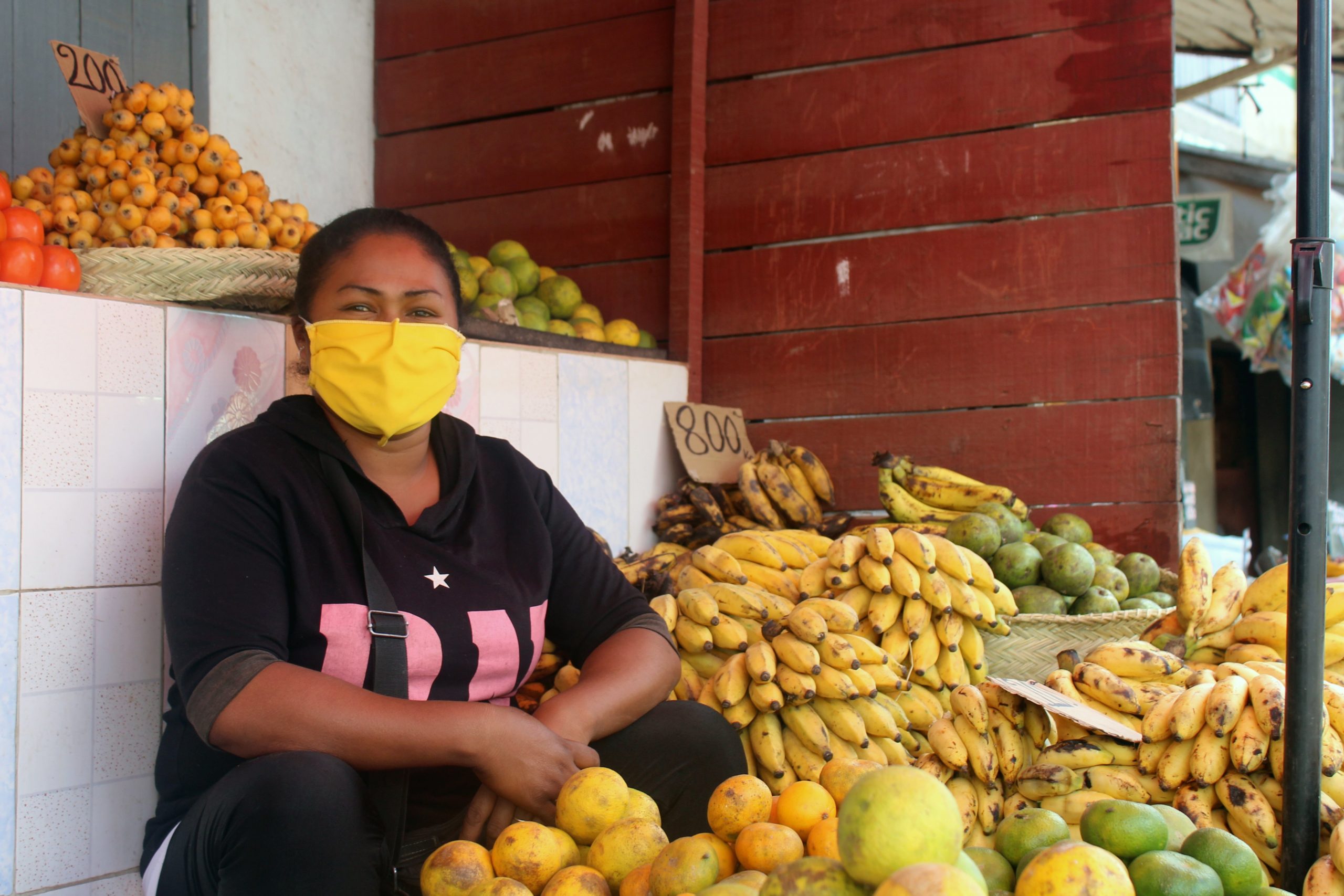The Informal Economy and its Relation to Global poverty
The informal economy, also known as the informal sector, is the diversified set of economic activities, enterprises, jobs and workers that are not regulated or protected by the state. The definition of the informal economy has also recently expanded to include wage employment in unprotected jobs, such as daily wage jobs. However, generalizations of the informal economy often include terms such as “illegal” or “black market.” On the contrary, the vast majority of informal workers simply attempt to earn an honest...

